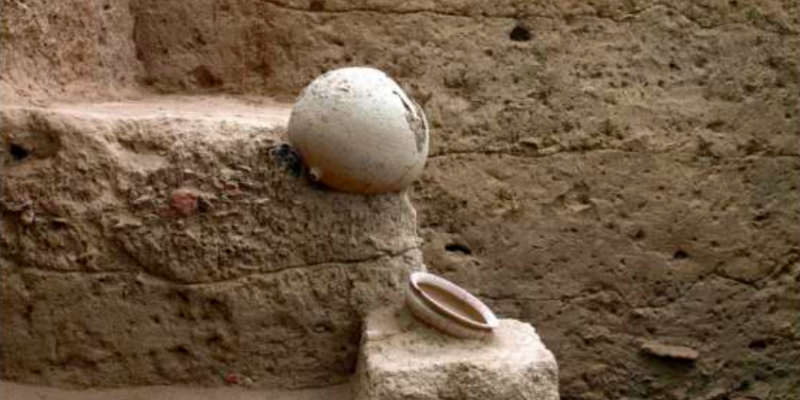Where Have Documents on RSS's Ban – And Its Lifting – Disappeared?
The documents, which should be in the public domain, are neither with the National Archives of India nor the home ministry.
New Delhi: A crucial file pertaining to the ban on the Rashtriya Swayamsewak Sangh (RSS) being lifted in 1949 is now untraceable. The organisation was banned in 1948 following the assassination of M.K. Gandhi.
A Delhi-based RTI activist, Venkatesh Nayak, found a reference to the file about the ban being lifted in 1949 in the “Annual Proceedings of the Ministry of Home Affairs for 1949”, while conducting a research at the National Archives of India.
Curious about its contents, he put in a requisition slip for the file. But the staff told him that it had not been transferred to them from the MHA. He was also issued a requisition slip, which bore the marking “N.T.”, which stood for “not transferred”.
Nayak then filed an RTI application with the Ministry in July 2018, asking for a copy two files: one on the imposition of the ban on the RSS in 1948 and the other on lifting it the next year.
In his application, Nayak asked for “inspection of all records, documents and papers including file notings and annexures contained in File No. “1949 F. No. 1(40)-D” on the subject matter: Rashtryiya Swayam Sevak Sangh: Lifting of Ban on Activities.”
He also sought “inspection of all records, documents and papers including file notings relating to the imposition of a ban on the activities of the RSS in 1948 soon after the assassination of Mahatma Gandhi.”
MHA said information “not available”
The CPIO of the MHA replied that the file in not in their custody. “It is mentioned here that the information sought by you is not available with undersigned CPIO as no such files/ records/ documents are available in the section regarding banning of Rashtriya Swayamsewak Sangh,” the MHA’s deputy secretary and CPIO, V.S. Rana, said on July 6, 2018.
On September 28, 2018, Nayak filed a second RTI application – this time through the GoI’s online facility. He attached the first application and the PIO’s reply, asking for an extract from the weeding register, which records when and under whose authorisation files were destroyed. The register is meant for permanent preservation.
Nayak sought a photocopy of the “relevant page or a legible extract from the official records or register by whatever name called, which indicates the destruction or weeding out” of the 1949 file on RSS. He also asked for “name and designation of the officer who authorised such destruction or weeding out of the said file”.
The RTI activist also asked for a photocopy of the relevant page or a legibile extract from the official records of register which indicated the “date of destruction or weeding out of file(s) pertaining to the imposition of a ban on the activities of RSS in 1948.” He demanded that in this case too, he be provided the “name and designation of the officer who authorised the destruction or weeding out of the said file”.
Once again, the MHA responded in October 2018 saying that the information was “not available” with its PIO. “This section has also not (got) any information regarding availability of files/records/documents regarding banning of Rashtriya Swayam Sevak Sangh”.
Nayak is now considering filing a complaint with the CIC to order an inquiry into the missing records. “But I will have to file a fresh application as these cases are more than four months old now. They usually do not take complaints based on old RTI interventions.”
‘These papers should be in public domain’
The activist said he decided to pursue the documents because of their archival value. “Whatever be the reasons for the imposition or the lifting the ban on the RSS, these are records of archival value. They were major policy decisions taken by the then government. None of the parties or alliances that came to power at the Centre have cared to make these papers public,” said Nayak.
The rights activist said researchers have had access and commented on some parts of the decision-making process. “But that is not adequate. All such papers must be in the public domain now that 70 years have passed,” he said.









No comments:
Post a Comment